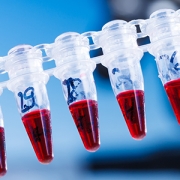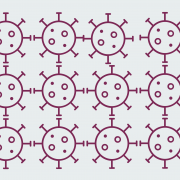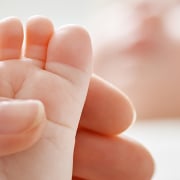Children at centre of new genomics health research programme
New genomic bioresource D-CYPHR seeks to decode the DNA at the heart of childhood disease
A new bioresource, DNA, Children + Young People’s Health Resource (D-CYPHR), will be used by researchers to help decipher the genomic basis of childhood disease. Led by NIHR BioResource, and partnered with the NHS, the project is asking children between 0 and 16 years of age, with parental consent, to enrol and give a saliva sample to help future generations.
The scope of the project means it will look at the interplay between health, a child’s genome and their environment, as well as how it changes as they mature and develop. Because D-CYPHR is focused entirely on the earlier period of life, it will be children who will mainly benefit from any genomic medicine advancements developed because of it. “We have an incredibly exciting opportunity to transform children’s health through D-CYPHR,” noted NIHR clinical lecturer Dr Anna Moore, “We know that nearly all diseases start in the first 20 years of life, and D-CYPHR will give us the chance to study this”.
Aims of the D-CYPHR bioresource
The main motivation of the D-CYPHR programme is to support research into a vast variety of health conditions, especially those that started in childhood. This can include diabetes, heart conditions, rare diseases, immune conditions and many more. Interestingly, D-CYPHR has a unique focus on mental health, which may eventually help researchers understand how genomes contribute to psychiatric illnesses. To this end, NHS child psychiatrist Dr Moore, whose research involves using data to spot mental health problems early on in their progression, will provide her expertise as the project’s clinical lead.
D-CYPHR is one example of a number of recent projects that look at the genomics behind common conditions. In some ways, it complements Genomics England’s Newborn Genomes Programme, which is specifically looking at using whole genome sequencing to detect rare childhood diseases. With the NHS neonatal and paediatric intensive care units rolling out rapid whole genome services, the research that comes out of these projects may also help future severely unwell children.
- GeNotes for NHS clinicians: R14 rapid genome testing for acutely unwell children
What should parents know?
D-CYPHR is asking that parents of children under 16 years of age consider enrolling them with the bioresource. They can be of any nationality, as long as they live in the UK. Children with and without health conditions are welcome and saliva samples will be requested from them as it holds DNA, which is what the researchers will be looking at. Other details (such as health, social care and education information) will also be requested because these may help researchers understand how gene-environment interactions can impact children’s health.
For more information and how to sign up, parents are advised to visit D-CYPHR’s website. Alternatively, the BioResource team can be contacted via freephone 0800 090 2233 or by sending them an email.


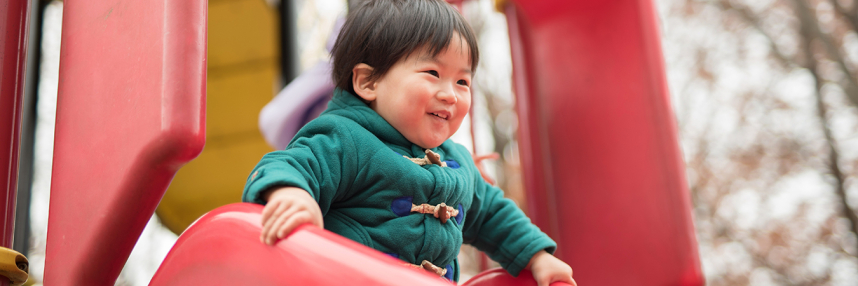
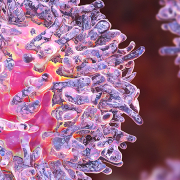
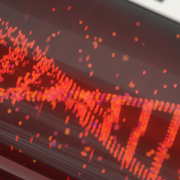
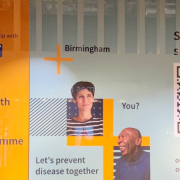 Our Future Health
Our Future Health 